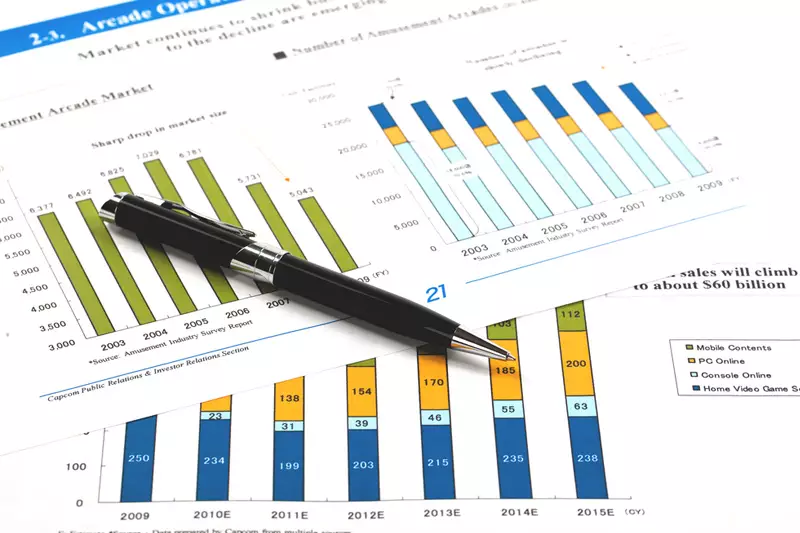The Options on Secured Overnight Financing Rate (SOFR) futures market is currently signaling a higher likelihood of the Federal Reserve implementing a quarter-percentage-point interest rate hike in the coming year. This projection is primarily driven by the sustained resilience in U.S. inflation and the labor market. Investors closely monitor SOFR futures, along with other leading indicators, to gain insights into future Fed policy rates. Options serve as an essential tool for hedging against anticipated market movements, with volatility playing a pivotal role in determining prices.
SOFR, which currently stands at 5.31%, reflects the overnight borrowing costs in money markets collateralized by U.S. Treasuries. As the benchmark rate for pricing dollar-denominated derivatives and loans, SOFR plays a crucial role in the financial market ecosystem. Despite the low likelihood of a SOFR hike, some market participants are forecasting a potential shift in the Fed’s stance. The prevailing sentiment suggests that the Fed might opt for a rate cut or a prolonged period of unchanged rates, rather than further tightening.
Analysts underscore the need for a substantial re-acceleration in inflation to prompt the Fed to consider tightening measures. Most economists do not anticipate such a scenario, given the persistent inflationary pressures witnessed in recent months. Core U.S. personal consumption expenditures inflation surged by 3.7% in the first quarter, marking a significant uptick from the previous quarter’s growth. While inflation rates remain elevated, they are still below the Fed’s 2% target, highlighting the complex dynamics at play.
The recent data releases have reignited discussions around the trajectory of interest rates, with market participants carefully monitoring economic indicators for clues on future Fed actions. The prevailing uncertainty stems from the delicate balance between robust economic growth and lingering inflationary risks. The market sentiment suggests that sustained economic strength and inflationary pressures could compel investors to question the adequacy of the Fed’s current monetary policy stance.
Barclays estimates indicate a rise in the probability of a 25 basis point increase in SOFR to 5.56% by December, underscoring the evolving market dynamics. Similarly, BNP Paribas data reveals an uptick in the likelihood of a no-cut scenario for 2024, emphasizing the shifting investor sentiment. The market landscape remains biased towards rate cuts, with SOFR futures pricing in approximately 30 basis points in easing for the year 2024.
The surge in implied volatility in interest rate swaps reflects the heightened uncertainty surrounding Fed policy outcomes and market expectations. Rate swaps serve as a crucial risk management tool for investors seeking to hedge against fluctuations in interest rates. The recent increase in implied volatility underscores the growing market concerns over potential policy shifts and their implications for fixed income instruments.
The market’s cautious optimism around SOFR futures and interest rate projections reflects the delicate balancing act facing investors. The complex interplay between economic growth, inflation dynamics, and Fed policy decisions underscores the need for a nuanced approach to risk management. As market participants navigate this uncertain terrain, they must remain vigilant, adaptable, and informed to capitalize on emerging opportunities and mitigate potential risks.


Leave a Reply